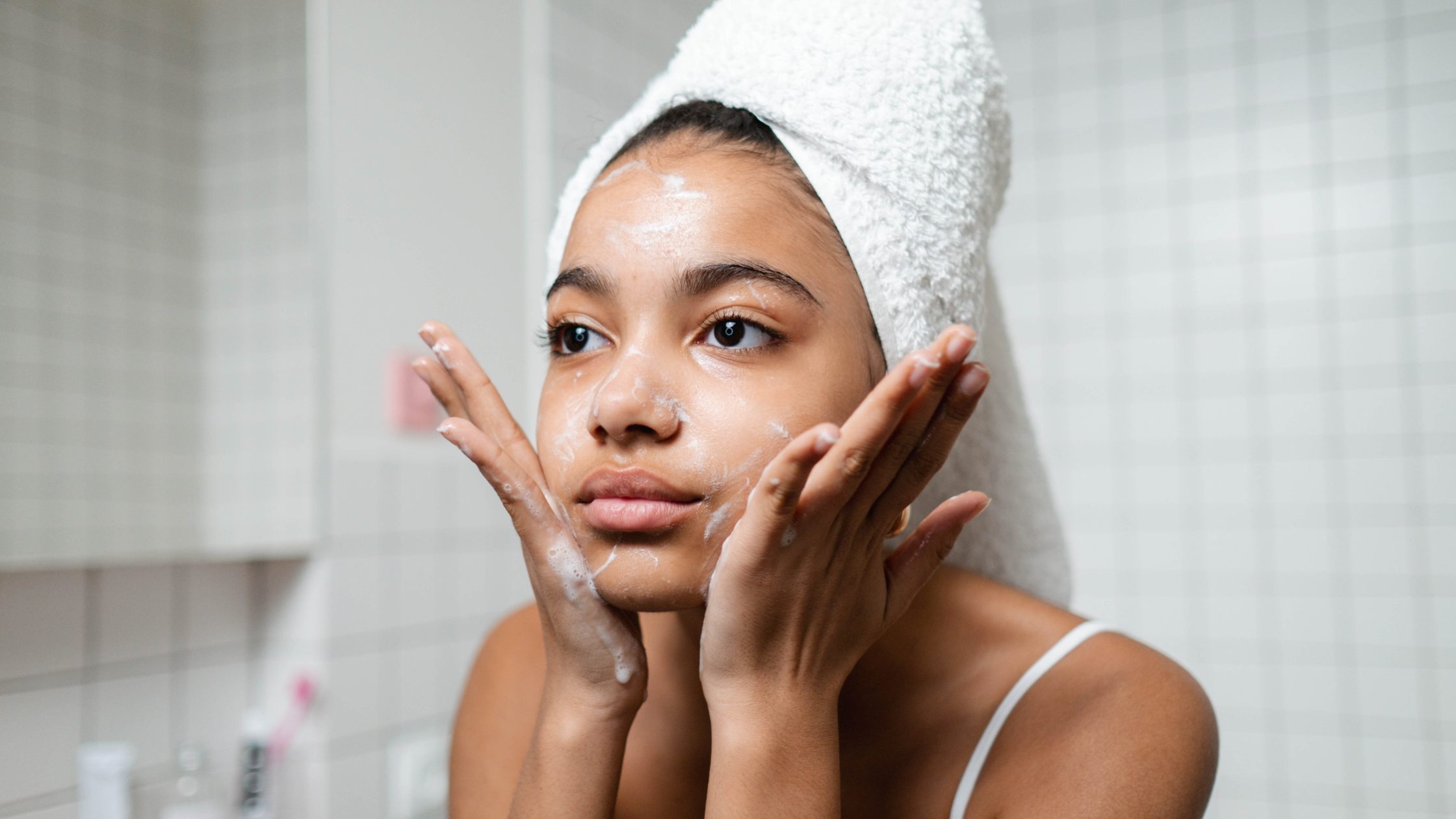
Beauty sleep is not just a term that people use. Sleep actually does help with your skin. No need to buy expensive creams or facials. All you have to do is get good sleep in order to improve the health of your skin. Continue reading to learn more about how to use sleep to improve the health of your skin.
How sleep deprivation can affect your skin
One of the easiest ways to tell someone is sleep deprived is by looking under their eyes and seeing their dark circles. Not only does dark circles indicate sleep deprivation, but also dry skin and hollowing of the cheeks.
This is due to the dehydration that accompanies tiredness. One study showed that people who got less than 8 hours of sleep per day were more dehydrated than those who received the optimal number of hours of sleep. Hydration also plays an important role in elasticity of the skin. Those who were sleep deprived after six days had reduced elasticity than those who slept the recommended amount.
Practicing skin care in your sleep
One way to practice getting good skin care is in your sleep is to work skin care into your nighttime and morning routines. Use a cleanser, moisturizer, and SPF sunscreen on your face everyday.
This is a pretty basic skincare routine, but you can also work on your skin while doing something else...dreaming. It's not as simple as dreaming about good skin and then achieving it. But what you do while you're sleeping, and how you sleep can really impact your skin.
For example, what you sleep on can be a turning point for your skin. Silk pillowcases and sheets are more gentle than cotton ones. Therefore, if you sleep on those, your skin may be less likely to experience irritation and inflammation. If you already have conditions like acne, eczema, or other skin conditions, then that could make them worse. This is especially important for those who sleep on their sides or stomaches.
Not only can cotton cause irritation, but cotton can also soak up all the oil and bacteria from your face, hair, and the grime that builds up on your pillowcase all night. This essentially creates a "bacteria petri dish" out of your pillow on which. you sleep all night.
Silk pillowcases and sheets absorb less moisture and dirt. This can reduce their effect on acne-prone or sensitive skin.
The other bonus, is that silk can actually be great to sleep on all year round.
Other benefits of good sleep
Not only does sleep improve your skin through great sleeping material. Sleep can also reduce your levels of inflammation, stress levels, and help with hormonal balance.
If you notices you are breaking out often, experiencing red and puffy skin, or begin to have laugh lines and wrinkles, it could be due to a lack of sleep. Sleep can reduce inflammation and keep your stress levels to a minimum.
Cortisol, the stress hormone, triggers other stress responses in your body. During sleep, cortisol is at its lowest. However, if you don't sleep, then these levels won't drop. That's why it's vital that you get enough hours of sleep so that your cortisol, blood pressure, body temperature, and heart rate all experience their appropriate night time decrease.
If you are unsure how to get a good night's rest, or are concerned that you are experiencing a sleep disorder, please click the orange button below to take a free online sleep test and talk with one of our sleep health professionals.
https://www.healthline.com/health/sleep-and-skin-explained#takeaway

